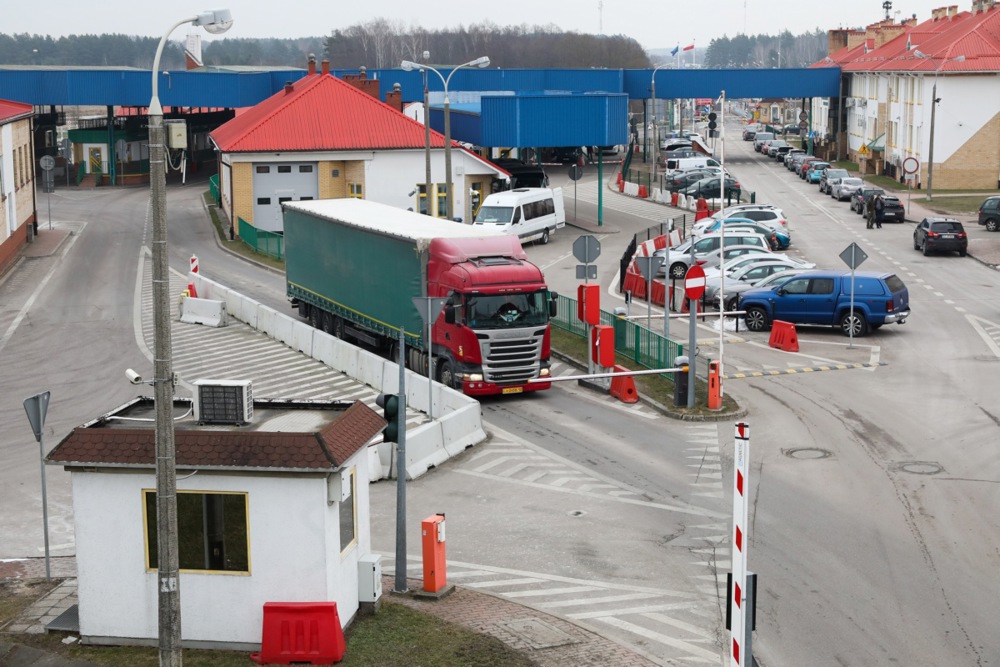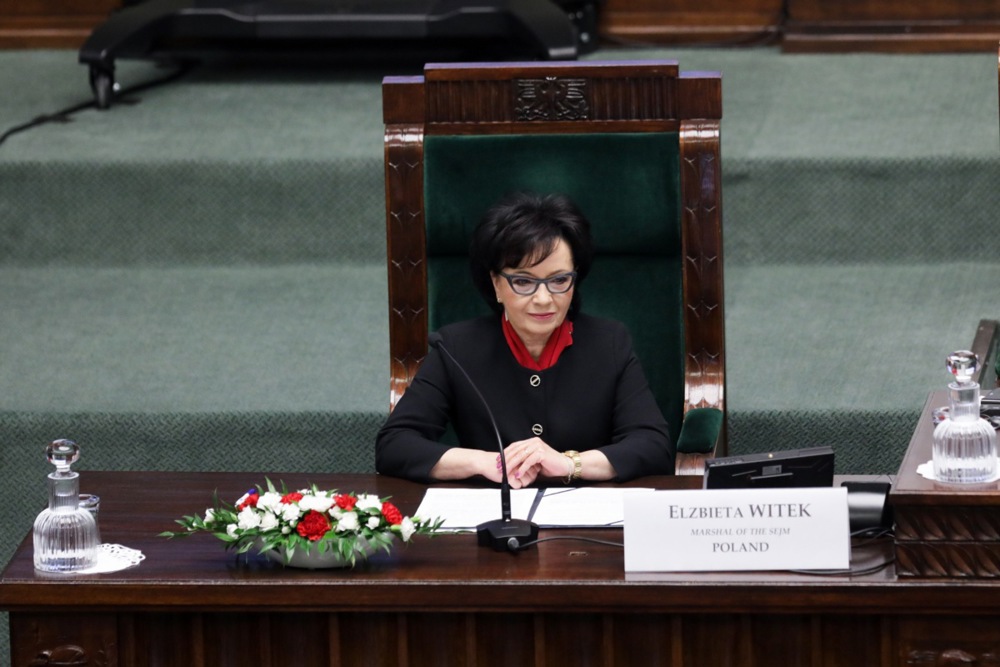Poland is to challenge two key European Union environmental laws, the Carbon Border Adjustment Mechanism (CBAM) and the Emissions Trading System (ETS), in the European Court of Justice in a new escalation of Warsaw’s conflict with Brussels.
The decision follows four other suits Poland has already filed with the Luxembourg court. All relate to EU environmental and climate policies connected with the European Commission’s showcase ‘Fit for 55’ legislative package. One targets the ban on internal combustion engines.
Poland’s Minister of Climate and Environment Anna Moskwa said on August 8 that Warsaw is “fighting for its interests” and that it has filed cases connected to Fit for 55 because it regards these policies as a “threat to its energy security”.
The CBAM mechanism forces importers to purchase certificates to offset the impact, in terms of emissions, of the goods in question. Poland argues that the CBAM charges will add to the cost of imported goods and power, thereby increasing prices across the board.
Poland is an importer of cement, fertiliser, aluminium and power, all of which are covered by CBAM. The government is concerned that the rise in the price of energy and fertiliser will have a knock-on effect on food prices. Warsaw will argue that the policy should have been subject to unanimity rather than qualified majority voting.
The Polish Government is also challenging the ETS reform that is set to double the reserve for stabilising the market that is funded through ETS certificate sales. This implies that the number of certificates on the market will be reduced, thereby increasing their price. Poland is to argue that the directive conflicts with the principle of energy solidarity.
Moskwa also argued that EU institutions have failed to conduct a robust and detailed analysis of the impact the reform will have on the energy security of EU Member States. She added that the “directive violates the principles of subsidiarity, proportionality and loyal cooperation”.
Among the four cases Poland has already filed, it has questioned the post-2035 ban on internal combustion engines and the increase in the EU’s emissions target and interventions in Member States’ forestry policies.
Critics claim that Poland is now attempting to shut the stable door after the horse has bolted, given it did not attempt to veto the entire Fit for 55 package in the European Council.
The decision to contest the legislative detail of Fit for 55 may have been taken to show that the government is prepared to fight for Polish interests, observers say. It may also be designed to scupper attempts by the ruling Conservative PiS party’s right-wing rival, the Confederation party, to focus on the issue ahead of the October 15 general elections.
The PiS is keen to emphasise that it is opposed to what it sees as overly rapid lifestyle changes that EU ‘green’ policies imply. It also wants to signal it is against the cost burdens it says such policies will put on homeowners, drivers and shoppers.





